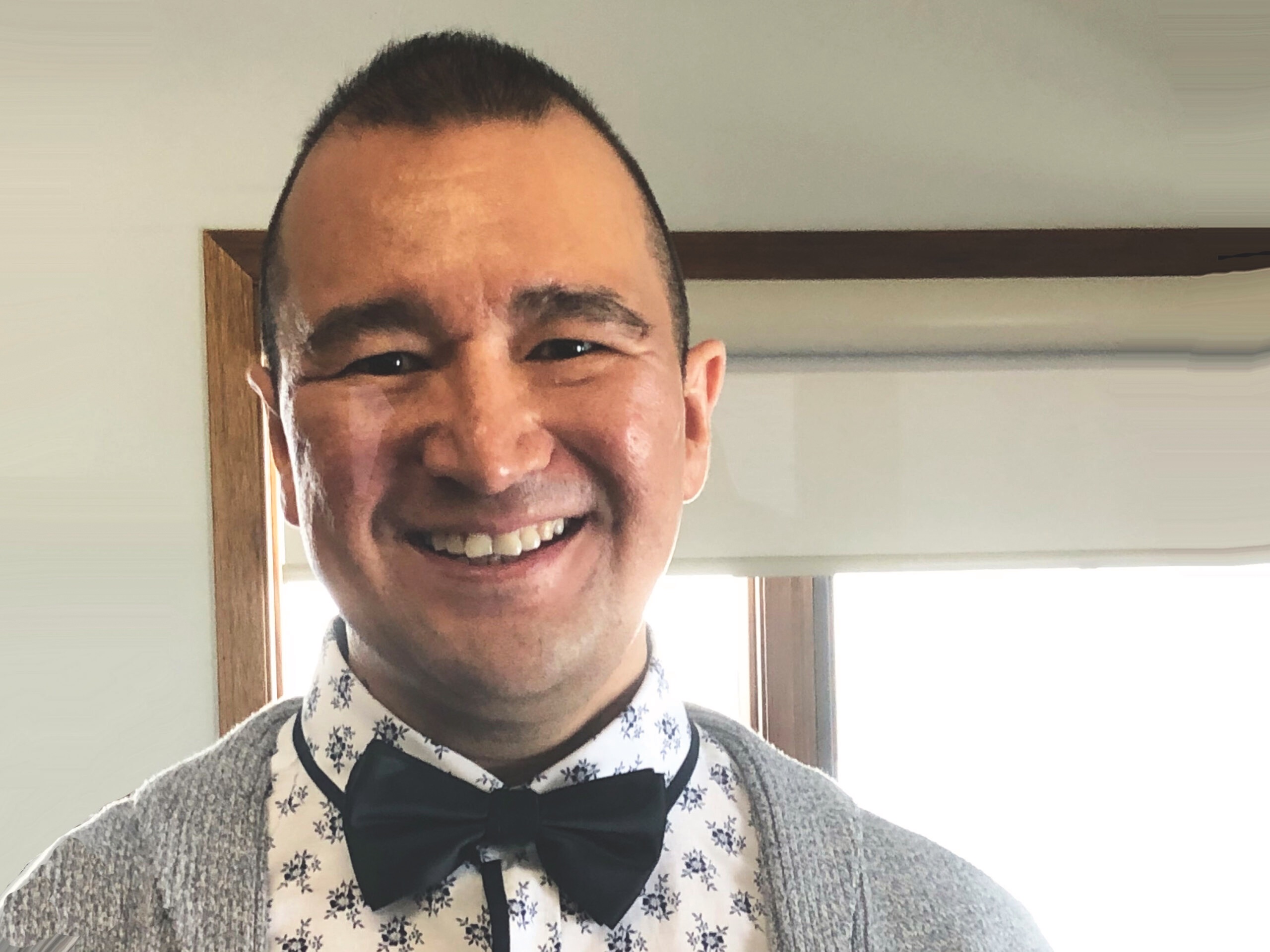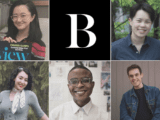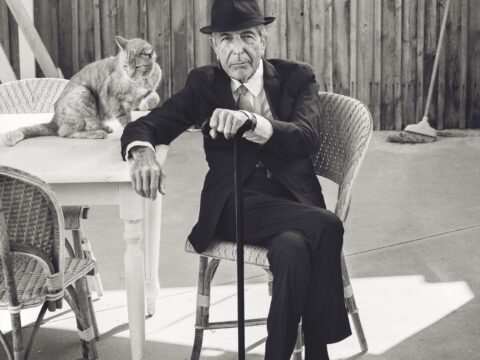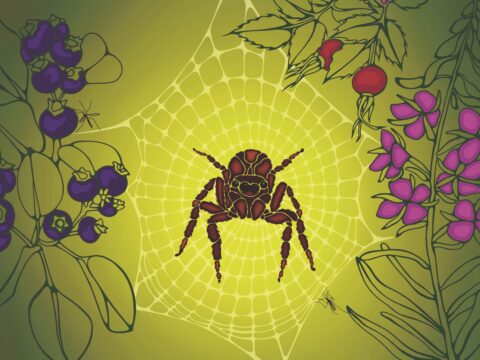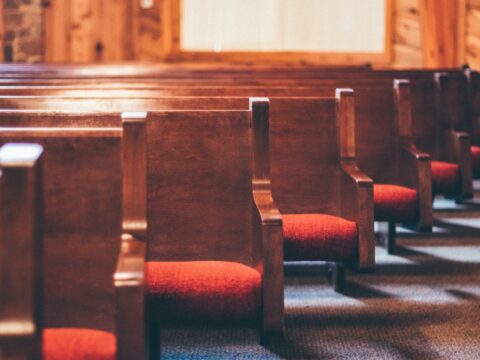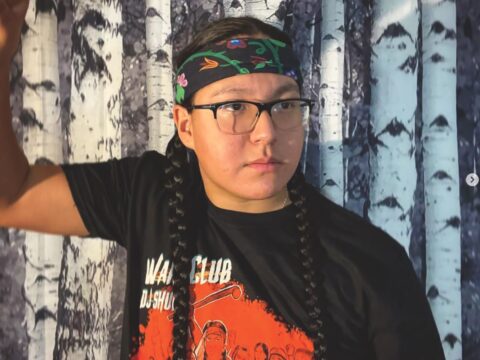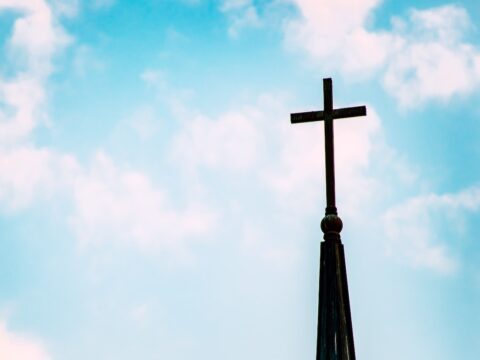As an Indigenous Christian, I am often asked, “Why do you participate in a church or follow the Christian religion?” And that is a hard question to answer.
The Christian mission has allowed me and many of my family members to be faithful, unite in prayer (a universal method of spiritual thought) and search for that lost part of one’s soul. The teachings and love from my grandmother, our mamanoe, have helped us live in both worlds of our Cree ways and our Christian fellowship. She always said to start with prayer — with God and oneself — and the rest follows as guidance from the spirit around us.
You may unsubscribe from any of our newsletters at any time.
But I understand why people ask this question about being an Indigenous Christian. It is based on colonial approaches in Canada that placed Indigenous peoples on reservations. It also stems from church restrictions that tried to keep many Indigenous people from practising their spiritual beliefs or integrating them with Christianity. But the spirit cannot be physically withheld. As an Elder once told me, the Spirits wake up and live, just like the sunrise.
The relationship between Christian mission and Indigenous nations must change from conversion to acceptance of the spiritual reality that all Indigenous people live every day — our truth. Spirit is around us each moment; the presence of the Creator never leaves us.
For Indigenous people, the wisdom of the land is highly important because she speaks to us to help us understand God our Creator on this physical journey of life we are each given. Forcing Christianity onto colonized nations has twisted our belief systems. At times, it has dulled the colourful creation of life to a formal black-and-white portrayal.
Nehiyaw means “being from the land.” We are meant to connect with the land, live with the land and protect the land. The land is like a gift, but it also provides a connection to the spiritual that no treaty or government or Indian status card can give.
Western society generally doesn’t understand the concept of talking to and listening to the land. Global economic systems do not see this as a way of making a material living. Instead, European colonizers subscribe to the Doctrine of Discovery and the ideas of possession and land ownership.
When I look at the world around me, I go beyond my physical vision to experience the emotional and sensational gift of nature. This is a blessing of the mind and the heart acting together, a sense of being alive physically and spiritually. That is also the gift I see in the writings and illustrations in this edition of Broadview — a glimpse at the question “Who are we?”
I chose to be the guest editor for this issue because I like to share the exploration of who I am with others and not hide the fact I am a Cree person. I want to celebrate my identity and the identity of others. My hope is that together we can help those who do not have the same confidence to be proud of who they choose to be.
So, my relations, I invite you to my fire to sit and visit with me. Together, we can listen to the collection of good stories from many voices. The Creator made me who I am generations ago, today and for generations to come. You have my blessing to share my story.
***
Rev. Murray Pruden is the executive minister for Indigenous ministries and justice at The United Church of Canada and the guest editor of Broadview’s September 2022 issue.
This interview first appeared in that issue with the title “Shared journeys.”

